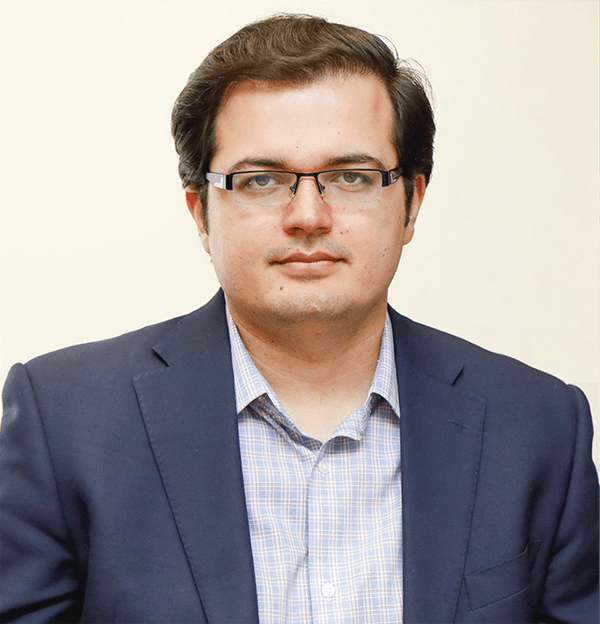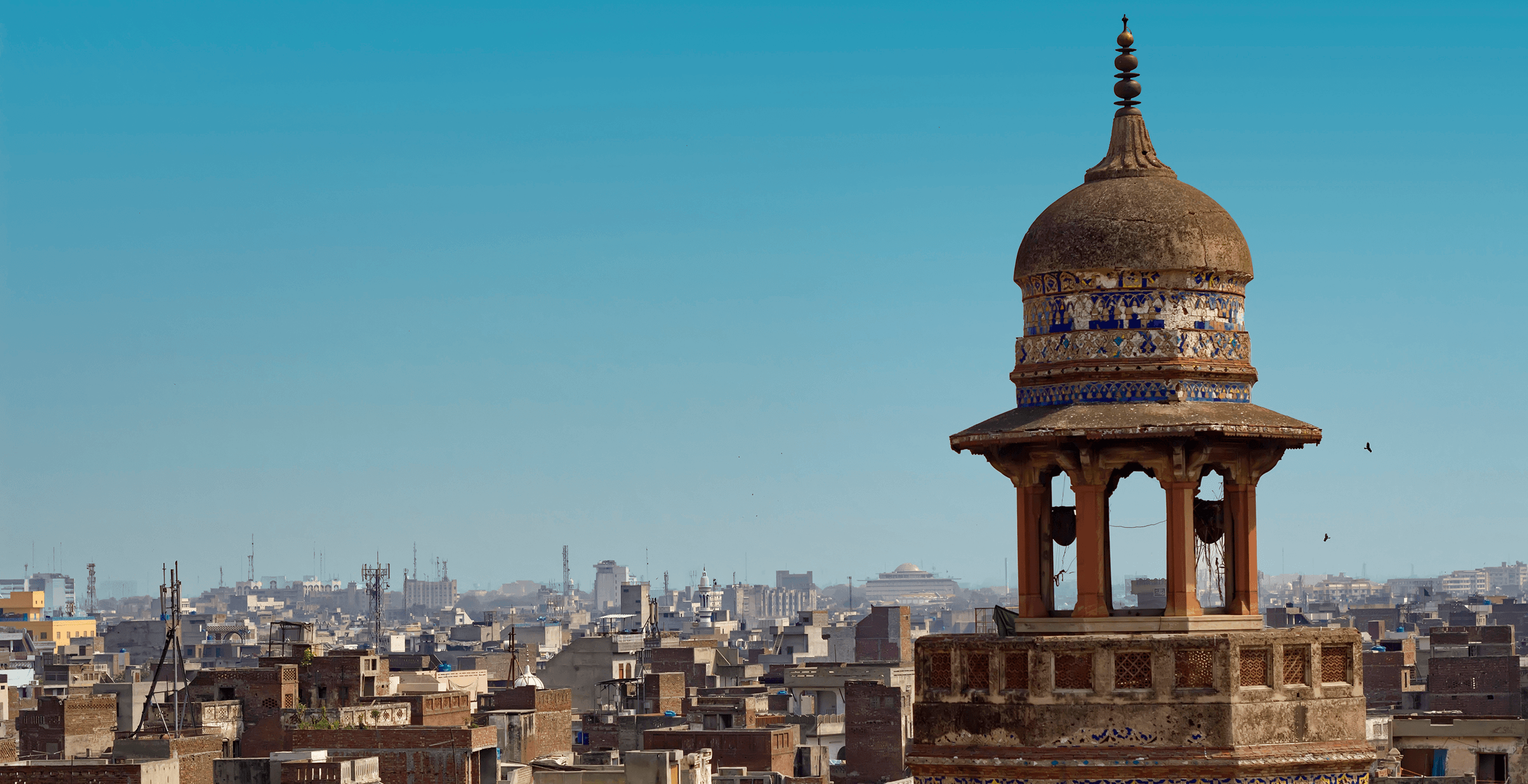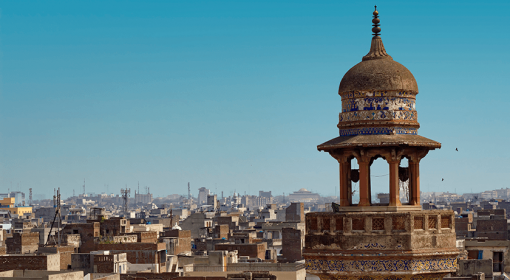The ancient city of Lahore, Pakistan, is a contrast of old and new. The traditional spires of mosques share the skyline with modern high-rises. Vibrant market areas sprawl near world-class medical centers and universities.
Ihsan Qazi had spent five years away earning a PhD in computer science from the University of Pittsburgh and another year doing research in Melbourne, Australia. Now, in 2011, he’s returned to Pakistan to take a coveted position as an assistant professor at Lahore University of Management Sciences.
But as Qazi settles into his busy life, his attention is often drawn to a different kind of contrast in his home city: widening social and economic divides. Luxury housing developments, for example, often border make-shift settlements, where those living in poverty struggle to get by.
As a computer scientist, he sees the role technology plays in such disparities.
“The internet has been an enabler for many people,” he recalls thinking. But those with limited access or understanding are too often left behind. He wonders: How can this divide be narrowed?
 To answer this question and others, Qazi has spent the years since his return to Pakistan teaming up with colleagues across disciplines and institutions. Their work has already produced effective, sustainable solutions.
To answer this question and others, Qazi has spent the years since his return to Pakistan teaming up with colleagues across disciplines and institutions. Their work has already produced effective, sustainable solutions.
One of Qazi’s focus areas is equitable internet access. He recently helped develop software that enables affordable smartphones to perform as efficiently as more expensive models and with similar advanced capabilities. His research is also finding ways to re-engineer websites so that they can be easily viewed on cheaper and lower-performing devices.
Another line of research zeroes in on ways to enhance digital literacy among low-income individuals who are still learning the ways reputable information is and isn’t shared online. He and his colleagues are designing educational tools meant to teach users how to better analyze and recognize misinformation.
The value of Qazi’s efforts hasn’t gone unrecognized. He’s earned several high-profile awards, including the 2018 Google Faculty Research Award and the 2019 and 2020 Facebook Foundational Integrity Research Awards. On Oct. 4, 2021, he was the recipient of the 2021 Sheth International Young Alumni Achievement Award, which annually recognizes the global success of one Pitt alumnus who attended the University on a student visa.
He shared the spotlight with this year’s winner of the Sheth Distinguished Faculty Award for International Achievement, Audrey J. Murrell, currently a Pitt professor of business administration, psychology and public and international affairs.
Qazi says he is humbled by receiving accolades from around the world. He’s motivated, however, by something much closer to home.
In his classroom in Lahore and as a mentor to students from low-income backgrounds, the scholar hopes to inspire Pakistan’s next generation of computer scientists to seek solutions to the problems that surround them.
“I did nothing to be born in a family that could afford education [and] so many other things,” Qazi says. “I have been very lucky. Recognizing that should mean that I help others as much as I can and do it with all [my] heart and soul.”
This story was published 10/7/21. It is part of Pitt Magazine's Winter 2021-2022 issue.





